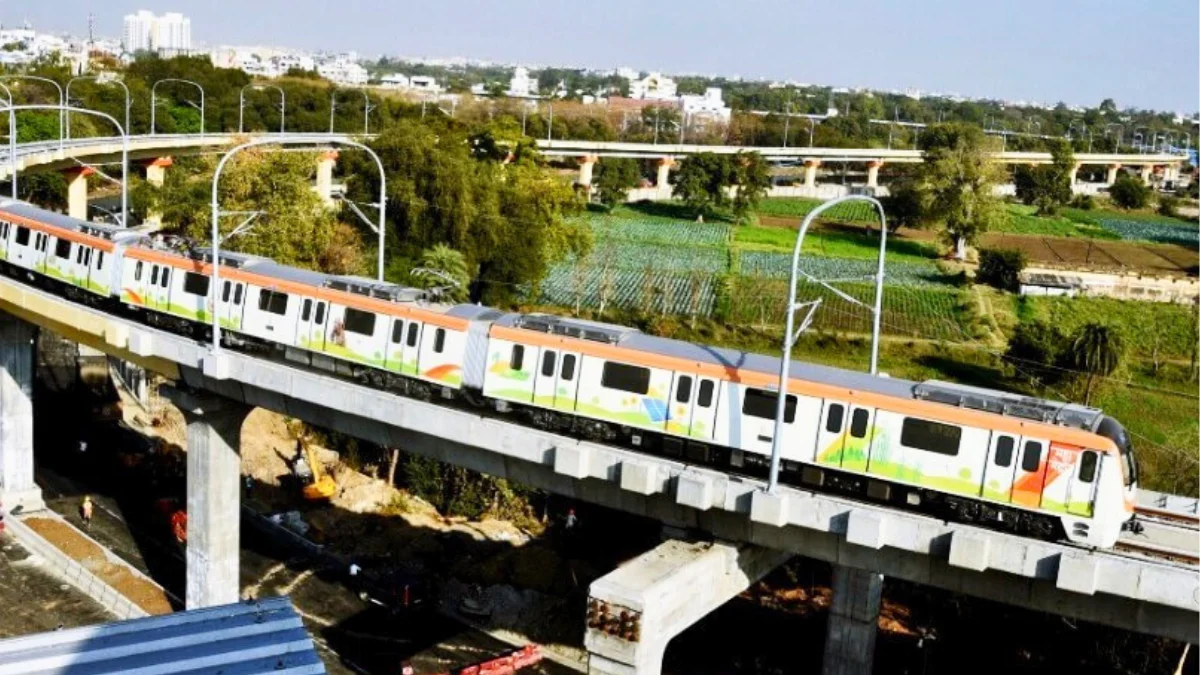The Maharashtra government has announced its decision to set up a Unified Metropolitan Transport Authority (UMTA).
The initiative aims to centralise the planning and regulation of all public transport systems across key urban centres in the state, including Mumbai, Pune, Thane, and Nagpur, in a bid to streamline commuter experiences and enable low-emission, accessible, and affordable mobility solutions. The decision was spearheaded by Chief Minister Devendra Fadnavis at a high-level meeting in Mumbai, reflecting growing pressure to overhaul urban mobility in Maharashtra’s densely populated cities. With traffic congestion, inconsistent last-mile connectivity, and overlapping jurisdictions crippling public transit efficiency, the need for a coordinated authority has become increasingly urgent.
The proposed UMTA is designed not to replace existing bodies but to serve as a planning and coordination apex for diverse entities including municipal corporations, state transport undertakings, metro rail systems, and suburban railway networks. The goal is to eliminate redundancy, harmonise services, and prioritise commuter convenience through integrated ticketing systems, unified scheduling, and standardised infrastructure development. Fadnavis underlined the necessity for structural reforms to improve the ease of living in cities. “Urban mobility is not just about movement; it is the foundation of a city’s economic and social well-being. Through a unified authority, we can bridge service gaps, fast-track projects, and create inclusive solutions for every citizen—whether they walk, cycle, ride, or drive,” he said.
Key urban development stakeholders, including Deputy Chief Minister Eknath Shinde and senior transport and civic officials, were present at the meeting. Officials agreed that Maharashtra’s future transit infrastructure must reflect sustainability and efficiency, and must also cater to the needs of women, the elderly, and the differently abled — ensuring cities become more equitable and gender-neutral in their mobility offerings. The proposed framework will establish UMTA as a statutory body with its own Chief Executive Officer and an executive committee comprising urban administrators, transport professionals, and civic representatives such as mayors and municipal commissioners. The authority will focus not just on high-level planning but also on actionable advisory roles to catalyse the shift towards multimodal, zero-emission transport systems.
Importantly, the government is initiating a consultative process before finalising the legislation, inviting public suggestions and objections. This participative approach is expected to strengthen transparency, encourage civic ownership, and ensure alignment with both state and central regulations. Amid increasing vehicular pressure, strained infrastructure, and environmental concerns, this move is seen as a critical step in aligning Maharashtra’s urban growth with the principles of sustainable development and climate resilience. Planners have emphasised that coordinated transport planning is not merely a logistical fix — it is a tool for fostering cleaner air, reducing commute times, and unlocking productivity in urban economies.
As Maharashtra pushes forward with this ambitious reform, its success could serve as a blueprint for other Indian states struggling with the complex task of managing urban transit ecosystems. With the right intent, institutional capacity, and community participation, the UMTA could redefine the way India’s cities move — not just faster, but greener and fairer.
Also Read: https://urbanacres.in/mandi-road-redevelopment-to-ease-gridlock/


